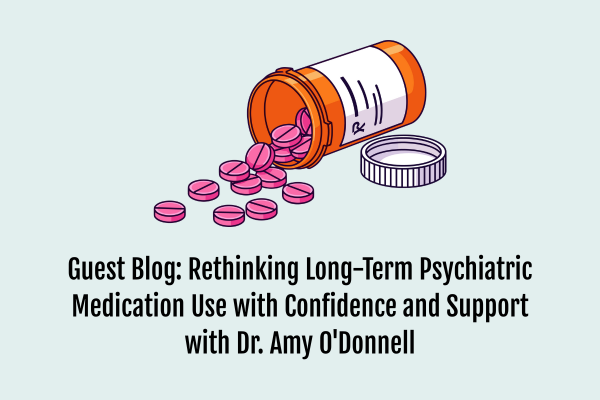School is a time for growth, learning, and making friends, but for children with allergies, it can also be a source of anxiety. Understanding how to manage these allergies effectively is crucial for ensuring your child’s safety and comfort. This blog post will explore the differences between allergies and intolerances, outline an action plan, emphasize the importance of communication, and provide tips for education and planning.
Allergies vs. Intolerances
Before diving into action plans, it’s essential to clarify the difference between allergies and intolerances. Allergies involve the immune system and can trigger severe reactions, while intolerances typically involve digestive issues that are less life-threatening. For a more in-depth explanation, check out our other blog post on this topic.
Creating an Action Plan
The first step in managing your child’s allergies is to develop a comprehensive action plan in collaboration with your healthcare provider. This plan should include clear instructions on what to do in case of an allergic reaction. For instance, if your child has a peanut allergy, they may need to use an EpiPen if exposed to peanut butter, even through inhalation.
Key Components of the Action Plan:
- Medication: Ensure that your child has their EpiPen (or any prescribed medication) with them at all times.
- Awareness: Inform key staff members at school—such as the school nurse, teachers, and cafeteria staff—about your child’s allergies.
- Emergency Contacts: Designate someone who can administer medication if your child is unable to do so themselves. Make sure this person knows where the EpiPen is stored.
Importance of Communication
Effective communication with school personnel is vital for managing allergies. Schedule a meeting with the school nurse, teachers, and cafeteria staff to discuss your child’s dietary needs and allergy triggers. During this meeting, address the following points:
School Policies: Determine if your school is nut-free or has specific policies in place for managing allergies.
Alternative Options: Discuss suitable food alternatives to ensure your child has safe options during lunch and snack times.
Education for Parents and Children
Education plays a critical role in managing allergies. Parents and guardians should take the initiative to educate their children about their allergies and triggers. Here are some tips:
Teach Your Child: Help your child identify foods they need to avoid and explain the importance of not sharing food with others.
Label Reading: Educate them on how to read food labels to spot allergens, ensuring they understand common ingredients that may contain their triggers.
Consult a Registered Dietitian Nutritionist (RDN): For personalized advice, consider consulting a CSN RDN who can provide tailored support and meal ideas.
Planning Allergen-Friendly Snacks
Packing allergen-friendly snacks is an excellent way to ensure your child has safe options at school. Here are some snack ideas:
Fresh Fruits and Vegetables: Carrot sticks, apple slices, and cucumber slices are always a hit.
Safe Granola Bars: Look for bars made without common allergens.
Rice Cakes or Popcorn: These can be great alternatives that are often allergy-friendly.
Homemade Treats: Baking together can be a fun activity, and you can control the ingredients used.
By following these steps and emphasizing open communication, education, and planning, you can create a safe and enjoyable school environment for your child with allergies. With the right strategies in place, both you and your child can focus on what truly matters: learning, growing, and making memories.





.webp)

